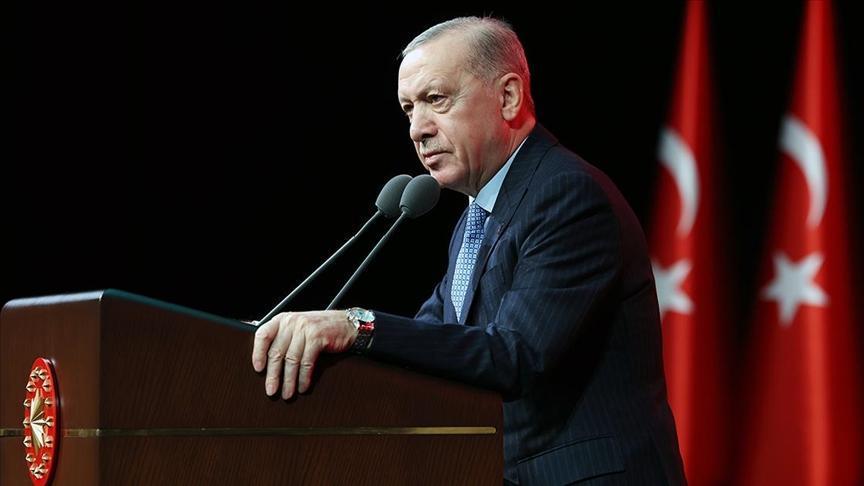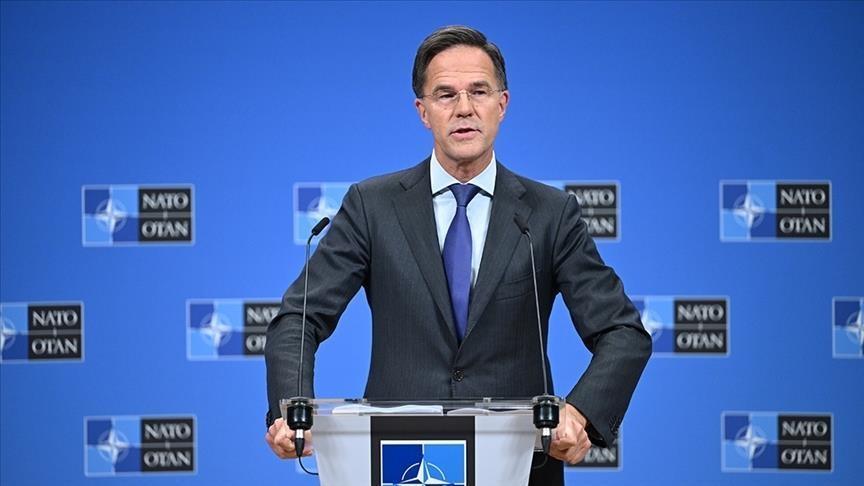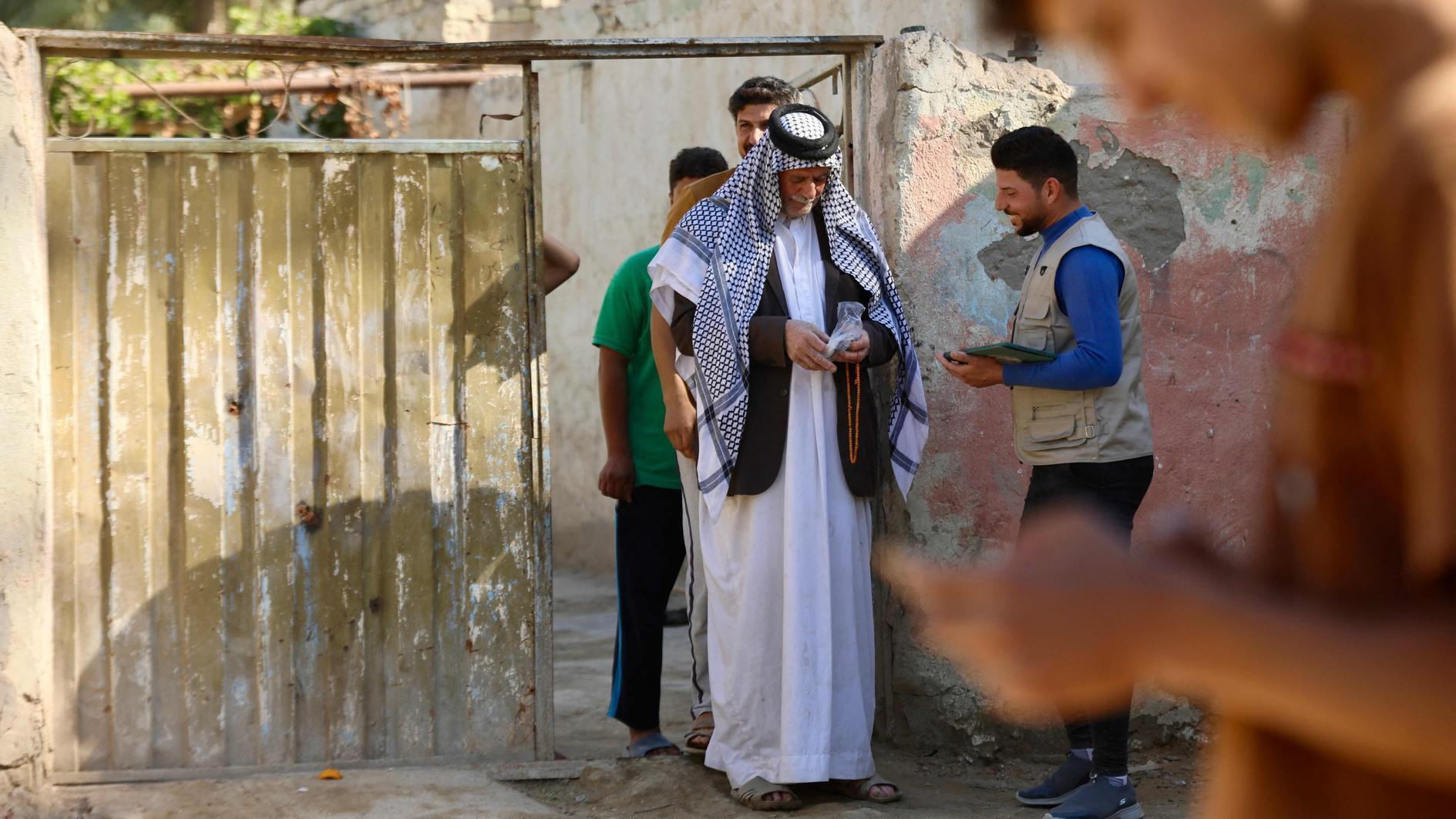Is it the rise of democracy or of the popular vote?
The first elections after the Arab Spring challenge the “political correctness” concerning the idea of democracy. In the first phase of the elections, Egypt chose Islamists, following the Tunisian example; with the elections, some resentment has begun to come to the surface.
It is not wise to deny the outcomes of fair elections and nobody should think that something similar to what happened in Algeria and Turkey in the 1990s will happen there. Algeria denounced the elections when Islamists got the majority and Turkey had a “post-modern coup” to remove Islamists from a coalition government. Both were examples of political repression. Now it is time for democracy for Muslim countries, but it seems that democracy only serves to deliver power to Islamists.
The question is what comes next? Is Islam compatible with democracy – with elections serving as proof thereof – or are democratic elections being used by Islamists as a tool to come to power? It could be both, but I think that first we have to have an honest discussion. First of all, the problem is not the compatibility of Islam with democracy, but the compatibility of Islamism and democracy, since all Islamists have their own interpretation of Islam concerning politics. Nevertheless, so-called moderate Islamism is no less a political discourse than radical Islamism.
Nowadays, “true democrats” the world over agree on the compatibility thesis rather than the thesis of confrontation, and many are optimistic rather than skeptical. Or it is wishful thinking in the name of denouncing the idea of repressive politics which deny power to Islamists even if they win the majority of the votes? Accordingly, “moderate Islam” is defined as “democratic” because it agrees to come to power by free election and because it denounces violence. Nevertheless, democracy cannot only be defined as majority rule and nonviolence. In the end, once in power, nobody needs to use violence as modern states have a monopoly on violence.
However, since the idea of democracy cannot be reduced to an electoral process and the basic principles of pluralism and free speech are as important as fair elections, the question of the compatibility between Islamism and democracy should also be discussed along these lines. Despite the fact that Islamists of all countries talk about their tolerance for difference, they often mean an acceptance of “plurality” instead of “pluralism.” The idea of plurality is based on a “sectarian” and communitarian understanding of society rather than on a liberal understanding of the “right to difference.” That is why Islamists are eager to give rights to religious and ethnic minorities rather than coming to terms with individual freedoms. These are the questions that need to be answered by the supporters of democracies.
It is not my intention to suggest any skepticism toward the democratic openings of Muslim countries. We in Turkey have suffered from the repressive politics of secular skepticism for so long. But it seems that it is also not only a matter of authoritarian politics in the name of secularism, it is more about political history and culture. The repressive political climates reproduce their likes under different names. Despite the fact that Turkey has always been far more democratic than the other Muslim countries, even we have not been able to achieve full-fledged democracy after recovering from secular authoritarian politics. Now we have the conservative versions of political repression. That is why I do not have an optimistic view concerning the democratization process in the Arab Spring countries.
And finally, yes, Islamism is something to be concerned of since religious values and symbols can be employed as new and better tools for new models of authoritarian politics in the Middle East.











